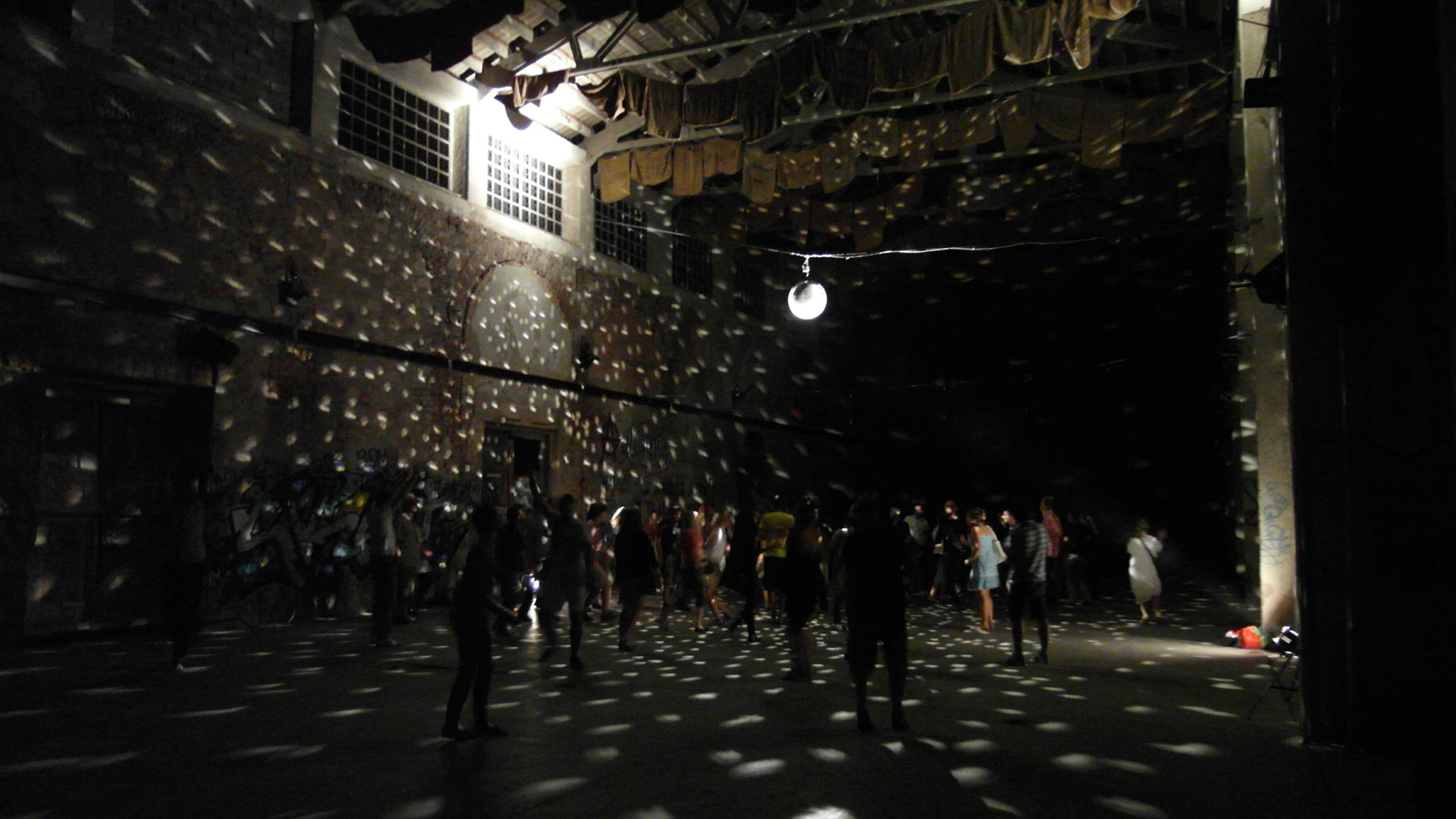
We are proud to announce that German radio theatre group LIGNA will open this year’s ZOOM festival for contemporary experimental performing arts on 06th of September 2012!
Established in 1997, LIGNA consists of media and performance artists Ole Frahm, Michael Hueners and Torsten Michaelsen. The common trait shared by all works by LIGNA is that they regard their audience as a collective of producers. In a temporary association, this can produce unforeseeable, uncontrollable effects that challenge the regulation of a space. One of LIGNA´s models of media usage, the Radio Ballet (invented in 2002), provides radio listeners with choreography of excluded and forbidden gestures in once public, now controlled spaces. Other projects include Radio Concert for 144 mobile phones, which enables radio listeners to participate in a process of collective composition, or The New Man, a theatre play without actors, which engages the audience in a complex gestural interaction.
Interview with LIGNA for Moja Rijeka online magazine
In Rijeka, they will perform “The New Man – four Exercises in Utopian Movements” on September the 6th 2012, 18h, in Hartera, the old papermill in Rijeka.
After the shock of the First World War and the final breakdown of the bourgeois concept of art, very different artists looked for a new function for their art, searching for a new relation to life and society. This modernist impulse is buried under the experience of facism and the repression of stalinism. LIGNA’s performance explores three different positions from Brecht to Charlie Chaplin – with a fourth which cuts across the others.
The New Man is a performance without actors and stage. There is nothing to see except for the activity of the visitors. They are listening to a radio play, that not only deals with the four aesthetic positions mentioned above, but proposes gestures and movements according to the different blueprints of the new man. But the audience is not listening to the same things at the same time. It is is split up into four groups. For fifteen minutes each group is listening to one of these positions, then their program is changing and their role is transferred to another group. In the end every group of listeners will have tested and quoted every attitude. They play the same play four times with different roles, being actors and viewers at the same time. The New Man calls for turning the production of gestures and movements into a public, collective affair.
We thank the Goethe Institut Kroatien for their support



